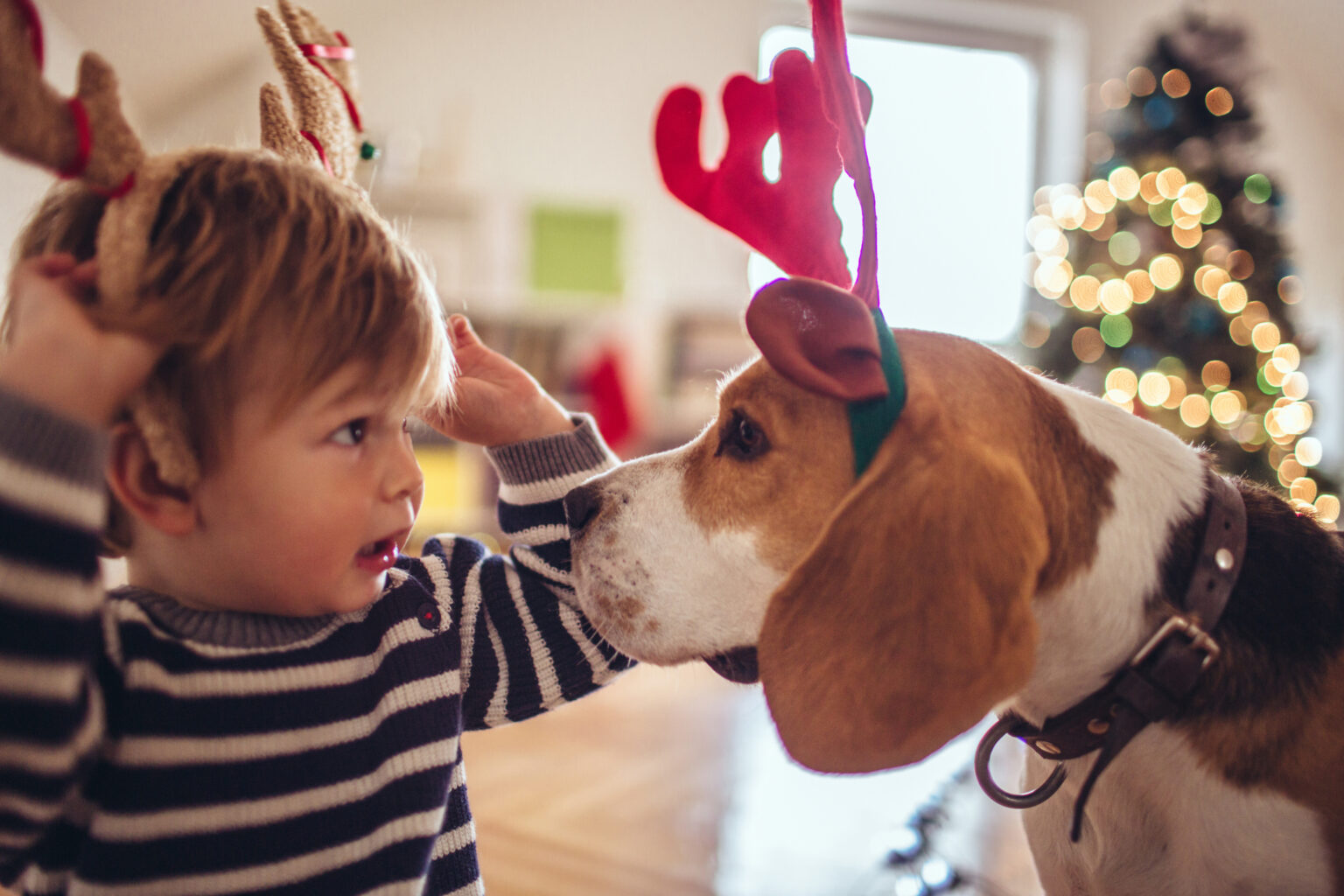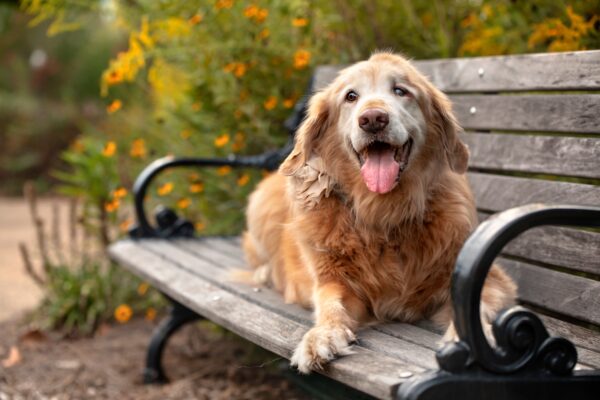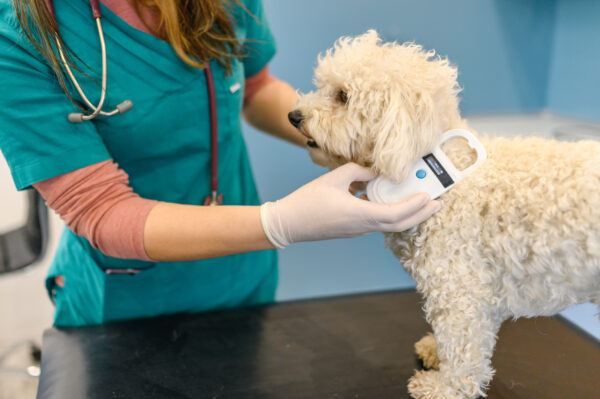Christmas can be a fun time of year for everyone, including our pets. With the help of our resident vet, we’ve put together some handy hints and tricks to keep your pet happy and healthy this festive season.
In the build-up to Christmas
Oh Christmas tree, your ornaments are history…
- Make sure your tree is in a corner to reduce the chance of your pets jumping on it, ensure it has a stable base, and, if possible, anchor it to something sturdy like the wall or window.
- Try to avoid hanging lights and ornaments on low branches, as tinsel, ribbons, and yarns can be very tempting to both cats and dogs. Swallowing them could cause a blockage in their intestine, which would lead to an emergency trip to the vet’s over Christmas.
- Our pets can become tangled in lights, or chew on them, risking burns and shocks, so make sure that these are firmly out of your pet’s reach. It’s also a good idea to not leave them unsupervised with lit candles.
The holly and the ivy
Over the Christmas season, many homes are full of festive plants – but some plants can be poisonous to pets.
- Holly and mistletoe: When ingested, both holly and mistletoe can cause pets to suffer unpleasant stomach upsets and excessive drooling.
- Lilies: Many varieties of lilies can cause kidney failure in cats if ingested; opt for artificial, silk versions instead.
- Poinsettias: They may be a Christmas favourite but, when eaten, poinsettias can cause vomiting, drooling and sometimes diarrhoea. If the milky sap is exposed to the skin, it can cause redness, swelling, and itchiness.
- Pine needles from Christmas trees: These can cause mild stomach upsets if consumed in large quantities but more commonly cause issues by getting stuck in paws or damaging eyes. If your pet is particularly fond of the Christmas tree, consider an artificial one that drops far fewer needles.
On the day itself
9am: the gift-opening extravaganza
- At this time of year, there will more than likely be countless interesting packages arriving as well as bundles of ribbons and tags lying around. Be sure to keep these out of the way of your pet to avoid temptation. No one wants an unexpected vet’s bill for removing gift ribbon from someone’s stomach!
- The same goes for any festive outfits; introduce them slowly to your pet in case they’re not keen on wearing them, and always look out for any little bits, such as bells or buttons, that could be swallowed if chewed.
- If you want your pet to feel included in the gifting this year, our gifting guide is the perfect place to start
11am: winter walkies are go
- If it’s very cold or wet, consider a coat for older or thin-furred pets, and make sure small animals have a warm, dry place to live.
- Try to keep to your pet’s normal walking routine – with the hustle and bustle of the festive season, your dog will thank you for a bit of fresh air and exercise.
- If we’ve been granted a white Christmas, check out our top tips on snowy pet safety.
2pm: it’s dinner time!
- Don’t be tempted to share your Christmas dinner with your dog, as many of the foods are highly unsuitable for their digestion and the high-fat content may lead to digestive upsets or worse, a bout of pancreatitis.
- Some festive foods and treats can be highly toxic, such as chocolate tree decorations, sweets, which contain Xytilol, onions, and raisins (found in Christmas pudding and mince pies).
- Remind guests to keep an eye on their drinks if they contain alcohol, as this can make curious pets very unwell. Avoid feeding them cooked bones, as these can splinter leading to blockages or damage to the intestines. Instead, why not let them have their own pet-friendly treats this Christmas?
 5pm: let the celebrations commence
5pm: let the celebrations commence
- With lots of visitors coming and going over the Christmas period, be mindful of the effect it can have on your dogs and cats. Make sure they have a safe space where they can get away or hide from the chaos if they feel a little anxious.
- Check that the front door isn’t left open by visitors – your pet may slip out unnoticed! Make sure they are microchipped and tagged, just in case.
- If you are using fireworks around New Year’s Eve, consider the effect this may have on your furry friends. Try to pre-empt the event a couple of weeks beforehand, use a pheromone- or diffuser-based plug, try calming products for dogs or cats to help them cope, and always speak with your vet if you have any questions about anxiety.
Our articles are not a replacement for face-to-face vet advice. Consult with your vet to raise any pet concerns that you may have.



